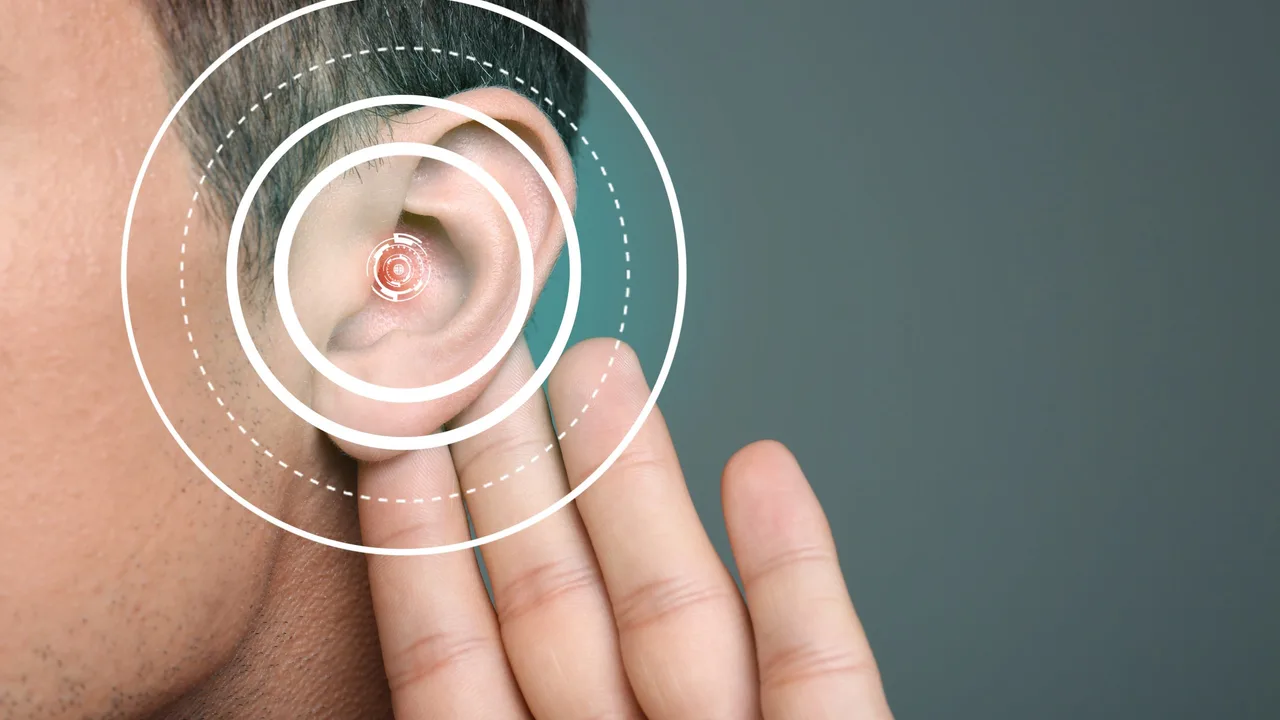Hi there, it's from your gal pal again. Today, I'll be shedding light on the interplay between hearing loss and that annoyance called ringing in the ears, often known as tinnitus. We'll be exploring causes, the interconnectedness of these two auditory issues, and potential treatments. Let's decode the sounds, or lack thereof, our ears make and help you better understand your auditory health. Make sure to stay tuned, because this is an aspect of our health that we often overlook!
Hearing Loss – What’s Behind It and How FDA‑Approved Options Can Help
First off, if you’ve noticed sounds getting muffled or a constant ringing in your ears, you’re not alone. Millions of people deal with some level of hearing loss, and most of them don’t realize it can be managed or even improved. The good news? There are FDA‑approved meds, devices, and simple lifestyle tweaks that can make a real difference.
Before you rush to the pharmacy, it helps to know what’s actually causing the problem. Age‑related wear and tear, exposure to loud music or construction noise, and certain prescription drugs can all chip away at your hearing. Even everyday habits like using cotton swabs too aggressively can push earwax deeper, blocking sound transmission.
Common Causes and When to See a Doctor
Think of your ears as a tiny, delicate factory. When something goes wrong, you’ll notice a few warning signs: muffled speech, difficulty hearing high‑pitch sounds, or a feeling of fullness. If these symptoms appear suddenly, especially after an infection or a new medication, call your doctor right away. Sudden loss can sometimes be reversed with prompt treatment.
Age‑related hearing loss (presbycusis) usually creeps in after 60, but it can start earlier if you’ve been around loud concerts, power tools, or headphones at high volume for years. In those cases, hearing aids are often the most effective FDA‑cleared solution. Modern devices are tiny, Bluetooth‑ready, and can sync with your phone so you never miss a call.
Some drugs, like certain chemotherapy agents or high doses of aspirin, can damage the tiny hair cells inside your inner ear. If you’re on long‑term medication, ask your pharmacist whether it’s linked to hearing changes. In many instances, adjusting the dose or switching to an alternative can halt further loss.
FDA‑Approved Options & Practical Tips
When it comes to medication, the FDA has cleared a few options specifically for hearing‑related issues. One of the most talked‑about is corticosteroid therapy for sudden sensorineural loss – it can shrink inflammation and restore some hearing if given quickly. Another FDA‑approved drug, dexamethasone, is sometimes delivered via a tiny tube placed directly into the middle ear, offering targeted relief.
Beyond prescriptions, consider lifestyle fixes that cost nothing. Turn down your earbuds – 60% of people who listen at high volume develop hearing loss before 30. Use noise‑cancelling headphones in noisy environments so you can keep the volume low. Keep your ears dry after swimming; water trapped in the ear can foster infections that damage hearing.
If tinnitus (the ringing you hear) is bugging you, music therapy can be a surprisingly effective tool. Listening to soothing, low‑frequency sounds for 30 minutes a day can retrain your brain to ignore the ringing. Many patients report feeling calmer and noticing the buzz fade over weeks.
Finally, don’t overlook regular check‑ups. An audiologist can run a quick test, spot problems early, and recommend the right hearing aid or assistive device. Many insurance plans cover these exams, and early intervention often means cheaper, simpler solutions down the road.
Bottom line: hearing loss isn’t a sentence. By understanding the triggers, getting the right FDA‑approved treatment, and tweaking everyday habits, you can protect your ears and stay connected to the world around you.

